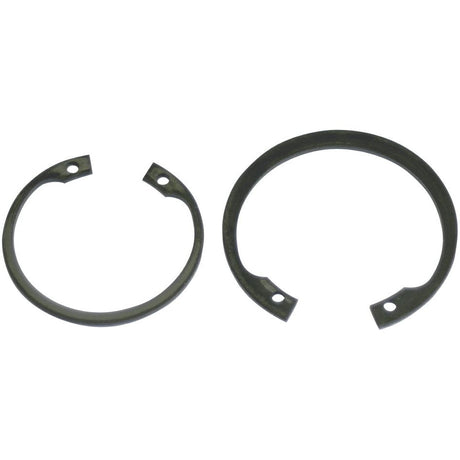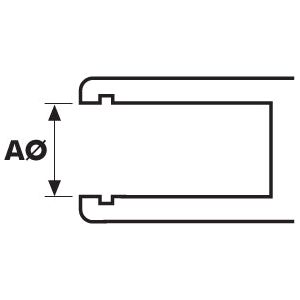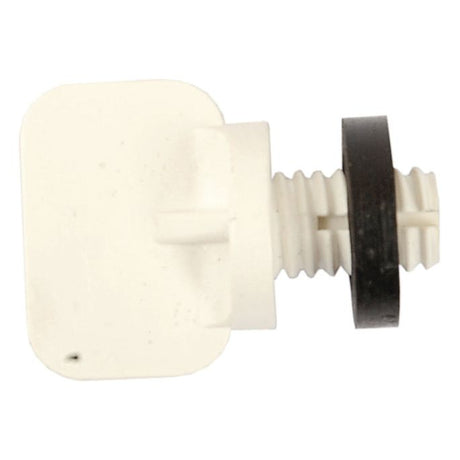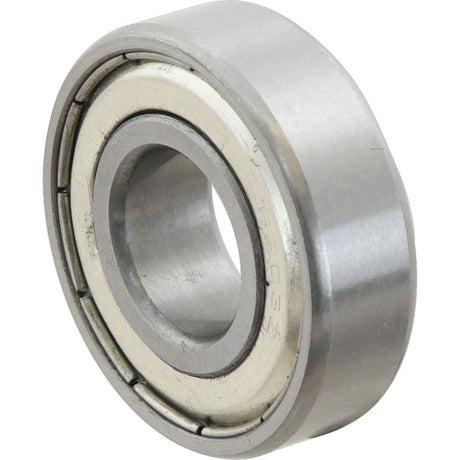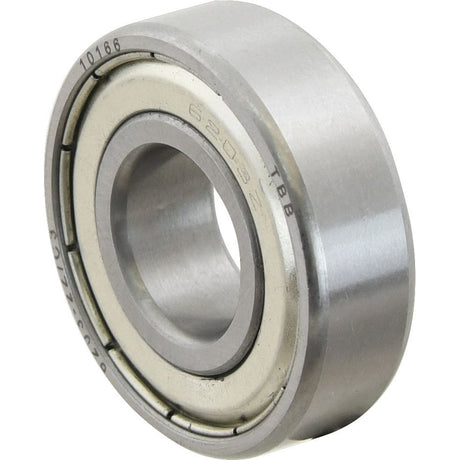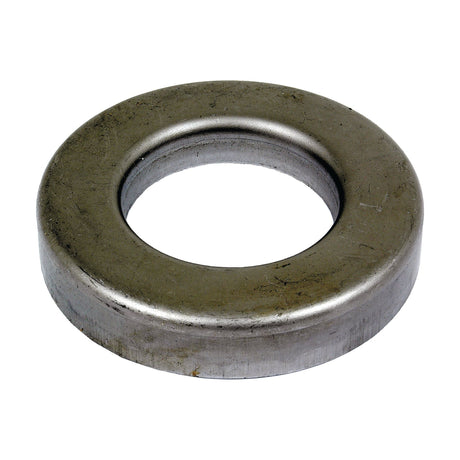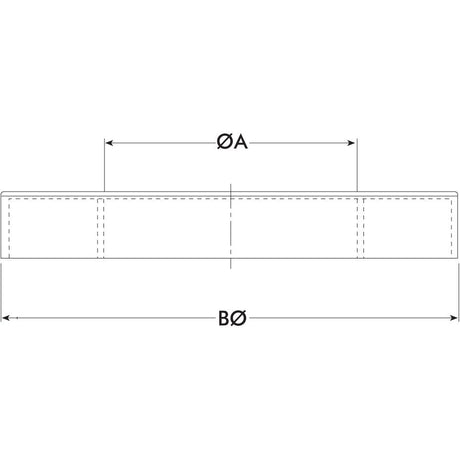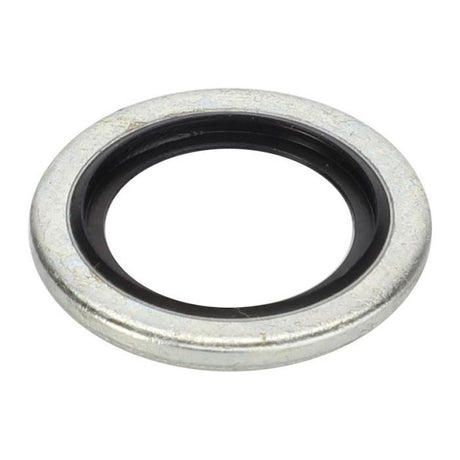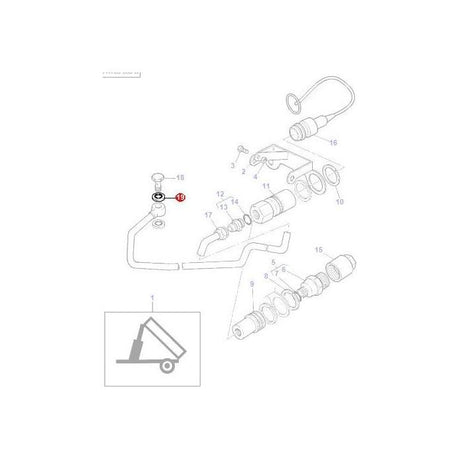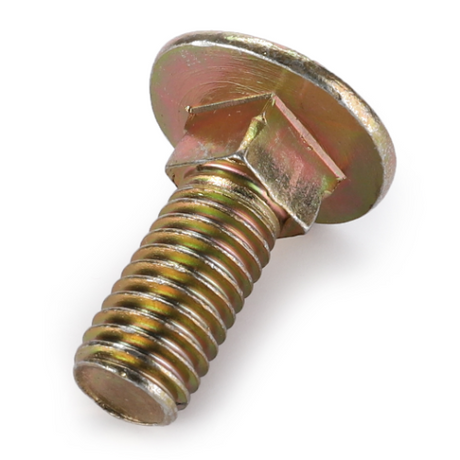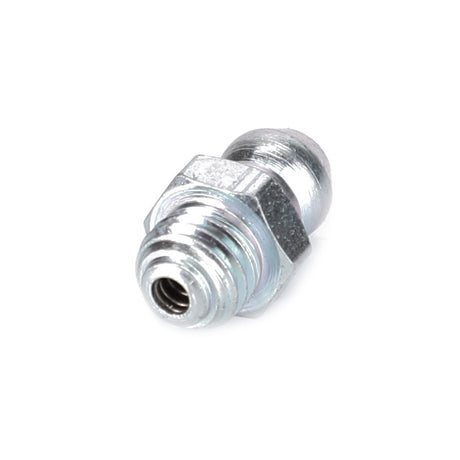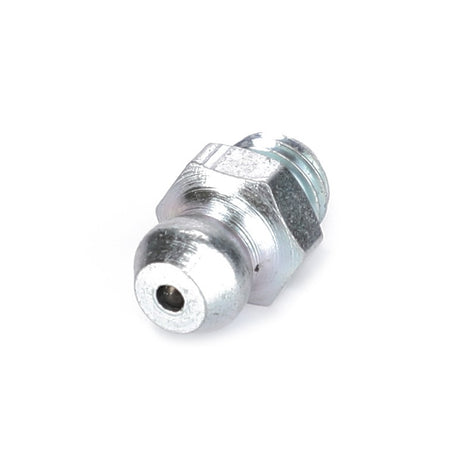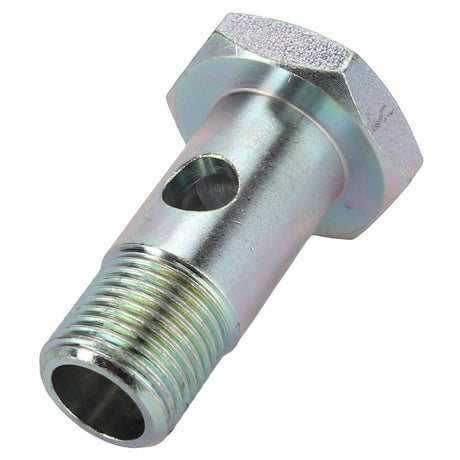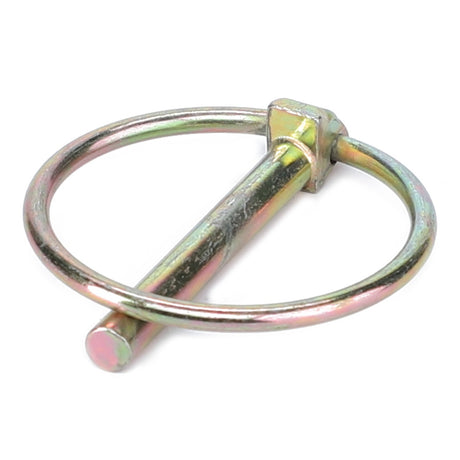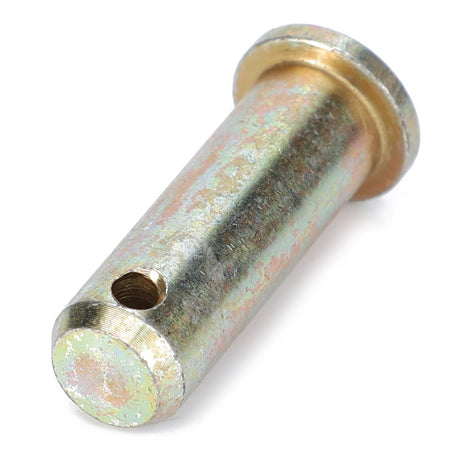The hydraulic system of the Massey Ferguson 390 tractor is vital for efficient and reliable operation, powering everything from the steering to the implements. Understanding the key hydraulic system components, their functions, and how to maintain them is crucial for keeping your tractor in top condition. In this detailed guide, we’ll explore the essential components of the Massey Ferguson 390 hydraulic system, common issues, and best practices for maintenance and replacement.
1. Key Hydraulic System Components of the Massey Ferguson 390
A. Hydraulic Pump:
-
Function: The hydraulic pump generates the flow of hydraulic fluid required to power various hydraulic functions on the tractor. It converts mechanical energy from the engine into hydraulic energy.
-
Types: The Massey Ferguson 390 typically uses gear or piston pumps, known for their reliability and efficiency in delivering consistent hydraulic pressure.
-
Maintenance Tips: Regularly check the hydraulic fluid level and inspect the pump for leaks or unusual noises. Ensure that the pump is properly lubricated and aligned.
B. Hydraulic Fluid Reservoir:
-
Function: The reservoir stores hydraulic fluid, which is essential for the system's operation. It allows for the expansion and contraction of the fluid and helps in dissipating heat.
-
Maintenance Tips: Keep the reservoir clean and check the fluid level regularly. Replace the fluid according to the manufacturer’s recommendations and ensure that the reservoir cap is tightly sealed.
C. Hydraulic Cylinders:
-
Function: Hydraulic cylinders are used to perform lifting, pushing, or pulling tasks. They convert hydraulic pressure into linear motion to operate implements such as loaders and rear blades.
-
Types: Common types include double-acting cylinders, which can push and pull, and single-acting cylinders, which operate in one direction only.
-
Maintenance Tips: Inspect cylinders for leaks, corrosion, or damage. Ensure that seals and hoses are intact and replace them if necessary. Keep the cylinders clean and well-lubricated.
D. Hydraulic Valves:
-
Function: Hydraulic valves control the direction, flow, and pressure of hydraulic fluid within the system. They regulate the operation of hydraulic cylinders and other components.
-
Types: Key valves include control valves, pressure relief valves, and selector valves.
-
Maintenance Tips: Regularly check valve settings and inspect for leaks or malfunctions. Clean and adjust valves as needed to maintain optimal performance.
E. Hydraulic Hoses and Fittings:
-
Function: Hoses and fittings connect various hydraulic components, allowing fluid to flow between them. They are essential for the system's functionality and flexibility.
-
Types: Hoses can be made from rubber or reinforced materials to handle high pressure. Fittings include couplings, adapters, and connectors.
-
Maintenance Tips: Inspect hoses and fittings for signs of wear, cracking, or leakage. Replace damaged components promptly and ensure all connections are secure.
2. Common Issues with Hydraulic System Components
A. Low Hydraulic Pressure:
-
Symptoms: Slow or unresponsive hydraulic functions, difficulty in lifting or operating implements.
-
Causes: Possible causes include low hydraulic fluid levels, a faulty hydraulic pump, or blocked filters.
B. Fluid Leaks:
-
Symptoms: Visible fluid leaks around the hydraulic components, reduced fluid levels.
-
Causes: Leaks can occur due to damaged hoses, worn seals, or faulty connections.
C. Overheating:
-
Symptoms: Excessive heat around the hydraulic components, reduced performance.
-
Causes: Overheating may result from inadequate fluid levels, high system pressure, or inefficient cooling.
D. Noise and Vibration:
-
Symptoms: Unusual noises such as whining or grinding, or excessive vibration during operation.
-
Causes: Noise and vibration can be caused by a failing hydraulic pump, cavitation, or air in the hydraulic fluid.
3. Maintenance and Replacement Tips
A. Regular Inspections:
-
Frequency: Conduct regular inspections of the hydraulic system components as part of routine maintenance.
-
Method: Check for leaks, wear, and damage. Ensure that fluid levels and pressure are within recommended ranges.
B. Fluid Maintenance:
-
Importance: Proper hydraulic fluid levels and quality are essential for smooth operation and longevity of the system components.
-
Schedule: Follow the manufacturer’s recommendations for fluid changes and use the correct type of hydraulic fluid.
C. Addressing Issues Early:
-
Early Detection: Identify and address any signs of hydraulic issues promptly to avoid further damage and costly repairs.
-
Replacement: Replace worn or damaged components with high-quality OEM or aftermarket parts to ensure reliable performance.
D. Professional Servicing:
-
Quality Parts: Use genuine OEM or high-quality replacement parts for optimal performance and compatibility.
-
Expert Installation: Have hydraulic system components serviced or replaced by a qualified mechanic to ensure proper installation and functionality.
4. Where to Find Quality Hydraulic System Components
A. Farmingparts.com
-
Extensive Selection: Explore our comprehensive range of hydraulic system components for the Massey Ferguson 390 at Farmingparts.com. We offer OEM and aftermarket parts to meet your needs.
-
Expert Advice: Get professional guidance on selecting and maintaining the right hydraulic components for your tractor.
-
Convenient Ordering: Enjoy easy online ordering with fast shipping options to receive your parts promptly and efficiently.
Understanding and maintaining the hydraulic system components of your Massey Ferguson 390 tractor is essential for ensuring smooth and efficient operation. From the hydraulic pump to the cylinders and valves, each component plays a critical role in your tractor’s performance. For high-quality parts and expert support, visit Farmingparts.com and keep your hydraulic system in top shape.
Need to replace or upgrade your Massey Ferguson 390 hydraulic system components? Visit Farmingparts.com today to explore our selection of genuine OEM and high-quality parts. Get the support you need to keep your tractor running smoothly and efficiently.


